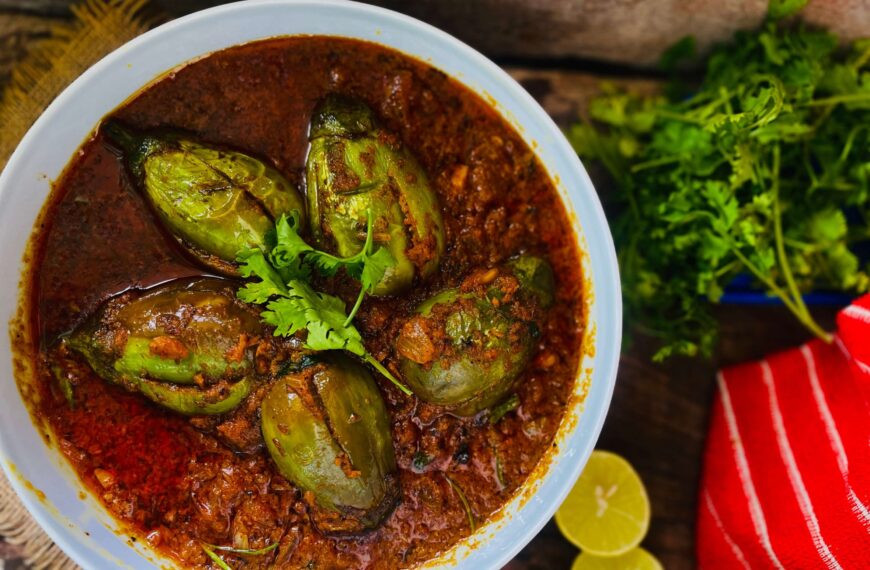Living in this century we all face numerous challenges still let us be optimistic and take a relook at our glorious past, revisit our history books and re-learn a few lessons that we can implement even today and make the world a better place in every way. We introduce a new column by Tapati, every Sunday, beginning this week, exclusively in Different Truths.
Last weekend was memorable with a soulful sweet flavour of Janmashtami followed by the celebration of 71st Indian Independence Day. As an everyday morning ritual, I stepped outdoors, into my little balcony, adorned with little plants. Tiny, bright green sprouting leaves reinforce my faith in the miracles of the creator. However, this morning was more sombre as I looked for some fresh air in an attempt to keep aside the galore of sad news… hundreds of children facing death due to some negligence of hospital authority and lack of sanitation in the land, massive train accidents, the usual news of corruption, scams, poverty, and social insecurity. Basic infrastructure and needs like food and water don’t reach our people making them impatient, helpless and aggressive, forgetting humanity and following their animal instinct.
When will things change? In search of some solace, I start looking back when the things were different thousands of years back. We did have a glorious past. I feel like revisiting the pages of history and  convince my people that let us not lose faith in human beings; we have crossed millions of years to reach where human civilisation is today. We can revive our lost glories, definitely in a much better way, being equipped with extra strength of our highly developed technology.
convince my people that let us not lose faith in human beings; we have crossed millions of years to reach where human civilisation is today. We can revive our lost glories, definitely in a much better way, being equipped with extra strength of our highly developed technology.
Do I sound hopelessly optimistic, an impractical person leaving aside the present factors and situation? Living in this century we all face numerous challenges still let us be optimistic and take a relook at our glorious past, revisit our history books and re-learn a few lessons that we can implement even today and make the world a better place in every way.
Five thousand years ago we had a great urban civilization in the Indus valley, contemporaneous with those of Egypt and Mesopotamia covered an expanse that stretched from Baluchistan in the west to the Upper Ganga Yamuna Doab in the east. More than a thousand settlements from this civilization exhibited a great unity of culture, art and, technology. The ruins speak eloquently of tremendous engineering skill of the builders who incorporated urban features as integrated part of city planning coupled with beautification.
One unique factor of this civilisation that surprises every scholar is that there is no trace of any ruler or  powerful authority throughout the region. We don’t know anything about their governing system. Although it is unlikely that such an organized and systematic society existed without any local or central control, the cities show no evidence and yet the civilization survived for thousands of years! We just have a terracotta figure which some people believe to be of a priest-king. But the concept of any king or ruler is totally absent. Whether these were city states or some sort of federation is a puzzle, till the deciphered script is read and put forth new evidences.
powerful authority throughout the region. We don’t know anything about their governing system. Although it is unlikely that such an organized and systematic society existed without any local or central control, the cities show no evidence and yet the civilization survived for thousands of years! We just have a terracotta figure which some people believe to be of a priest-king. But the concept of any king or ruler is totally absent. Whether these were city states or some sort of federation is a puzzle, till the deciphered script is read and put forth new evidences.
One more fact that leaves us surprised is there is no structure which can be thought of any central importance like a palace or a temple. When we fight day and night whether to build a temple or Masjid and battles of religions and political parties follow, here is our glaring past to show how the great civilization survived without any central authority, any hierarchy, purely by public governance – an ideal example of a democratic society run by the people, for the people and of the people and where religion remained a personal affair without any state interference.
The earliest conception of democracy and fellow-feeling can be traced in Rig-Veda when it refers to the Sabha and Samiti. The Vedic people were so committed to the democratic ideals that they created the deity of democracy (Samjnana) to whom the last hymn of Rig-Veda is addressed. The term Samjnana denotes the collective consciousness of the people.
In the Indus valley was it an egalitarian society with the principle that all people are equal and deserve equal rights and opportunities? It reminds me an off quoted verse:
Sarve sukhino bhavantu, (May all become happy)
Sarve santu niramayah, (May all be healthy)
Sarve bhadrani pashyantu, (May all see what is auspicious)
Ma bhavatu kashchit duhkhabag. (May no one suffer in any way)
There existed a perception on universal well-being!
The Vedic mantra, ‘Sangachchhdhvam Samvadadhvam sam vo manasi jaanataaam’ is translated as ‘we walk together, we move together, we resolve together, we take these people forward.’ This has been the contemplation of people of a remote past; but why can’t we live with the same conviction and compassion?
©Tapati Sinha
Photos from the Internet
#NowAndThen #RevisitingHistory #Technology #LookingIntoThePast #RelearningFromThePast #DifferentTruths







 By
By
 By
By